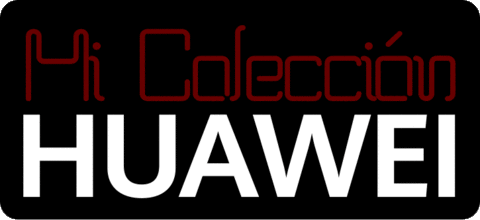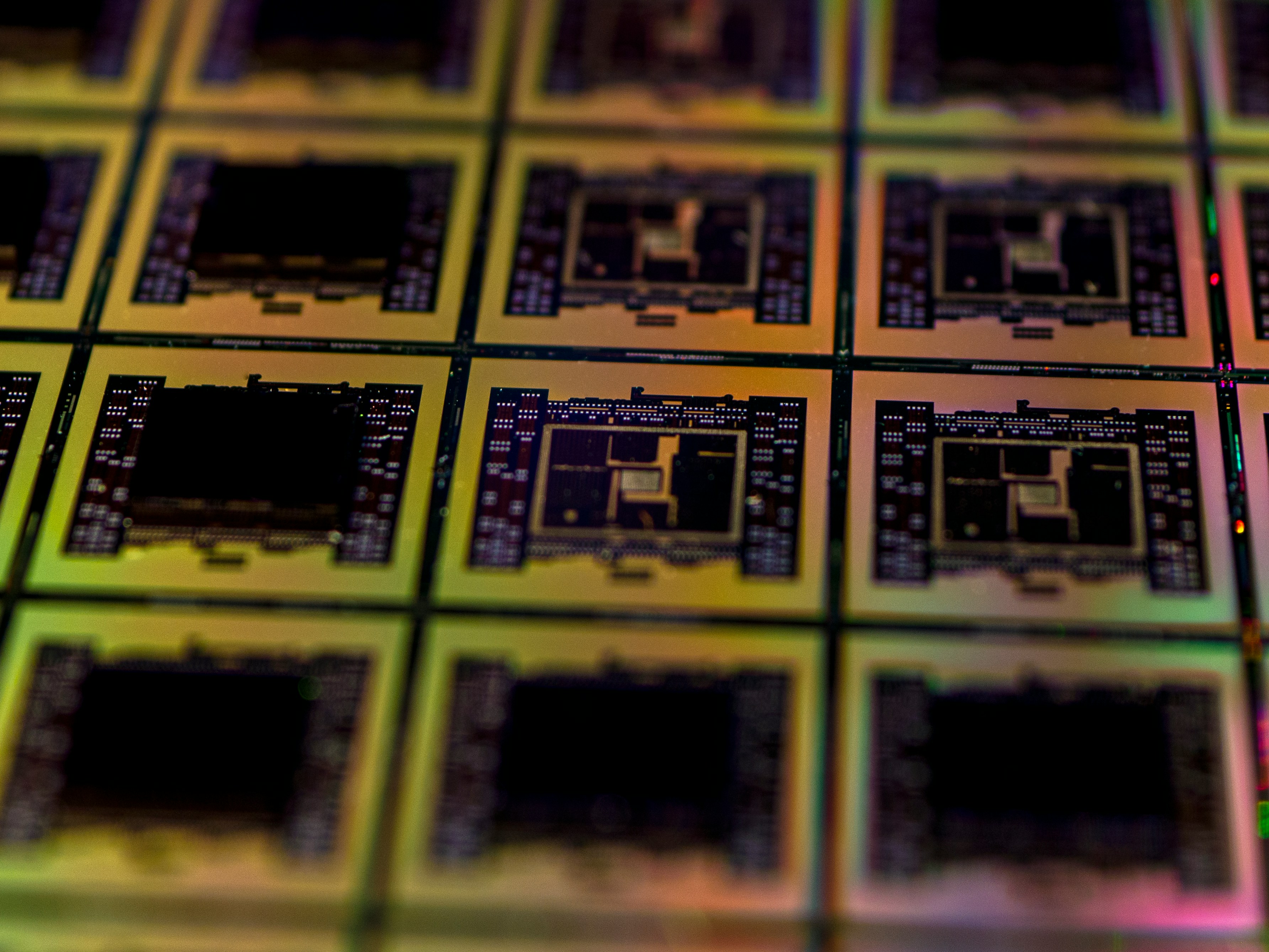In a recent development, Huawei, the Chinese tech giant, has made a major breakthrough in chip manufacturing despite U.S. sanctions that aimed to cut off the company from critical technologies. The latest chip, manufactured by China's SMIC, has raised concerns in Washington and poses a potential threat to Apple in the Chinese market. This blog post explores the implications of Huawei's chip breakthrough and its possible impact on the smartphone industry.
Huawei's Journey and U.S. Sanctions

For years, the United States has considered Huawei a national security risk due to alleged ties to the Chinese Communist Party and the country's military. In 2019, the U.S. government imposed sanctions that cut off Huawei from key technologies, including 5G chips and Google software. These restrictions severely impacted Huawei's smartphone business, almost wiping it out.

Huawei's New Chip: Kirin 9000S
Despite the sanctions, Huawei has unveiled its latest smartphone, the Mate 60 Pro, featuring the Kirin 9000S chip. This chip, manufactured using a 7-nanometer process by SMIC, combines processor and components for potential 5G connectivity. The Kirin 9000S chip marks Huawei's foray into designing its own smartphone processors, previously relying on Taiwan Semiconductor Manufacturing Co. (TSMC).
The Challenge of Manufacturing Advanced Chips Without U.S. Technology
The big question surrounding Huawei's chip breakthrough is how it was achieved without access to critical technologies from companies like TSMC. SMIC, the Chinese chip manufacturer responsible for the Kirin 9000S, is also on the U.S. Entity List, which restricts it from purchasing American technology. Many had doubted SMIC's ability to manufacture advanced chips without cutting-edge equipment like EUV lithography machines.

Implications of Huawei's Chip Breakthrough
Potential Threat to Apple in China: The resurgence of Huawei could pose a challenge to Apple in China, one of Apple's biggest markets. Huawei has a strong brand image and is a source of national pride in China. If Huawei can produce advanced chips at a profitable scale, its new phones could become attractive options for Chinese buyers.

Questions About U.S. Sanctions: Huawei's chip breakthrough raises questions about the efficacy of U.S. sanctions in preventing Chinese companies from accessing advanced-edge chips. This development may lead to a reevaluation of export control strategies and a potential tightening of restrictions in other areas of the chip design and manufacturing process.
Reviewing the Future of Chinese Chip Manufacturing: If China has managed to produce a chip entirely within its borders with performance characteristics similar to 5-nanometer chips, it would be a significant breakthrough. This achievement may incentivize China to further develop its own technologies and reduce its reliance on foreign chip suppliers.

Huawei's chip breakthrough has sparked concerns in the United States and raised questions about the efficacy of U.S. sanctions. The company's ability to manufacture advanced chips without reliance on American technology presents a potential threat to Apple in the Chinese market. The development also highlights China's ambition to become self-sufficient in chip manufacturing. As the smartphone industry evolves, Huawei's chip breakthrough may have long-lasting implications for the global tech landscape.
FAQS
What is Huawei's recent chip breakthrough?
A: Huawei has reportedly developed a way to manufacture advanced chips without relying on American technology, which is a significant step towards self-sufficiency in the semiconductor sector.
Why is this breakthrough considered a threat to Apple?
A: This breakthrough potentially allows Huawei to compete more effectively with Apple, especially in the Chinese market where Huawei already has a strong presence.
How might this development affect the U.S. sanctions on Huawei?
A: The U.S. sanctions were partly aimed at limiting Huawei's growth by restricting its access to American technology. This breakthrough might undermine the effectiveness of these sanctions as Huawei can now develop critical components independently.
What does this mean for the global tech landscape?
A: This development could shift the power dynamics in the global tech industry, with China potentially becoming a more significant player in the semiconductor sector, which has been traditionally dominated by companies from the U.S. and other Western countries.
How does this breakthrough align with China's broader ambitions in the tech sector?
A: China has been working towards becoming self-sufficient in technology, and this breakthrough is a significant step in that direction, potentially reducing its reliance on Western technology for critical components.
Could this development lead to a technological Cold War between the U.S. and China?
A: It might escalate tensions and competition between the U.S. and China in the tech sector, possibly leading to a kind of technological Cold War where both nations strive to outdo each other in technological advancements.
What are the potential implications for other tech companies globally?
A: Other tech companies might need to reassess their strategies and alliances, considering the changing dynamics in the global tech landscape. It might also spur innovation and competition in the sector.
How might this affect the smartphone industry?
A: The smartphone industry could see increased competition, especially in markets where Huawei and Apple are dominant players. It might also lead to faster innovations and developments in smartphone technology.
What could be the potential repercussions for the global supply chain?
A: The global supply chain might see shifts with companies possibly looking to diversify their supply sources to reduce reliance on a single country or company.
What strategies might Apple and other companies adopt in response to this development?
A: Apple and other companies might look to accelerate their own research and development efforts to maintain a competitive edge.
For further reading, you might find these links helpful:
For further reading, you might find these links helpful:

